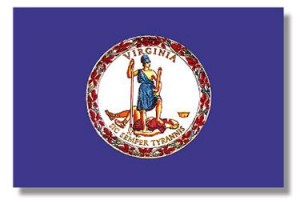THE UTILITY OF PRIVATE LAW ENFORCEMENT — EVIDENCE FROM THE WORLD OF ACADEMIA
An article published by two professors at the University of Chicago should be of some interest to readers of this blog. See, Blowing the Whistle: Which External Controls Best Reveal Corporate Fraud?
The link is to a newsletter distributed by the University of Chicago and not to the paper itself. The sub-title of the linked article says, “New research suggests that the best way to promote fraud detection is to extend the Federal False Claims Act to corporate fraud.” At the risk of sounding snobby, I would like to point out that is not, strictly speaking, an accurate way to conceptualize what the study says.
The Federal False Claims Act, of course, applies to “any person”–whether a natural person, a corporation or other limited-liability entity, or an unincorporated entity, or any combination thereof–who makes a false claim to the government for money. The law levels the playing field for the government by removing the more onerous burden of proving fraud — instead, one needs only to prove that a party made a claim to the government that it new was false.
But the real power of the statute lies in its qui tam provisions, which give any person with non-public knowledge of a false claims being made to the government the right to retain a lawyer and prosecute the case in conjunction with the United States Department of Justice (or, under our VFATA, the Office of the Virginia Attorney General).
So, what the subheading means to say, I think, is that the unique qui tam structure of the Federal False Claims Act–which allows private citizens to prosecute cases on behalf of the government and calls for a percentage of the government’s recovery to be paid to the party who blew the whistle on the fraud–should be extended to the corporate governance sphere.
In other words, private citizens should be deputized in the corporate world.
And thus the article strikes upon one of the themes of this blog: the utility and effectiveness of private law enforcement generally. We do not need to go so far as qui tam to see that private law enforcement is effective.
At any rate, check out the study, it is worth a read.

